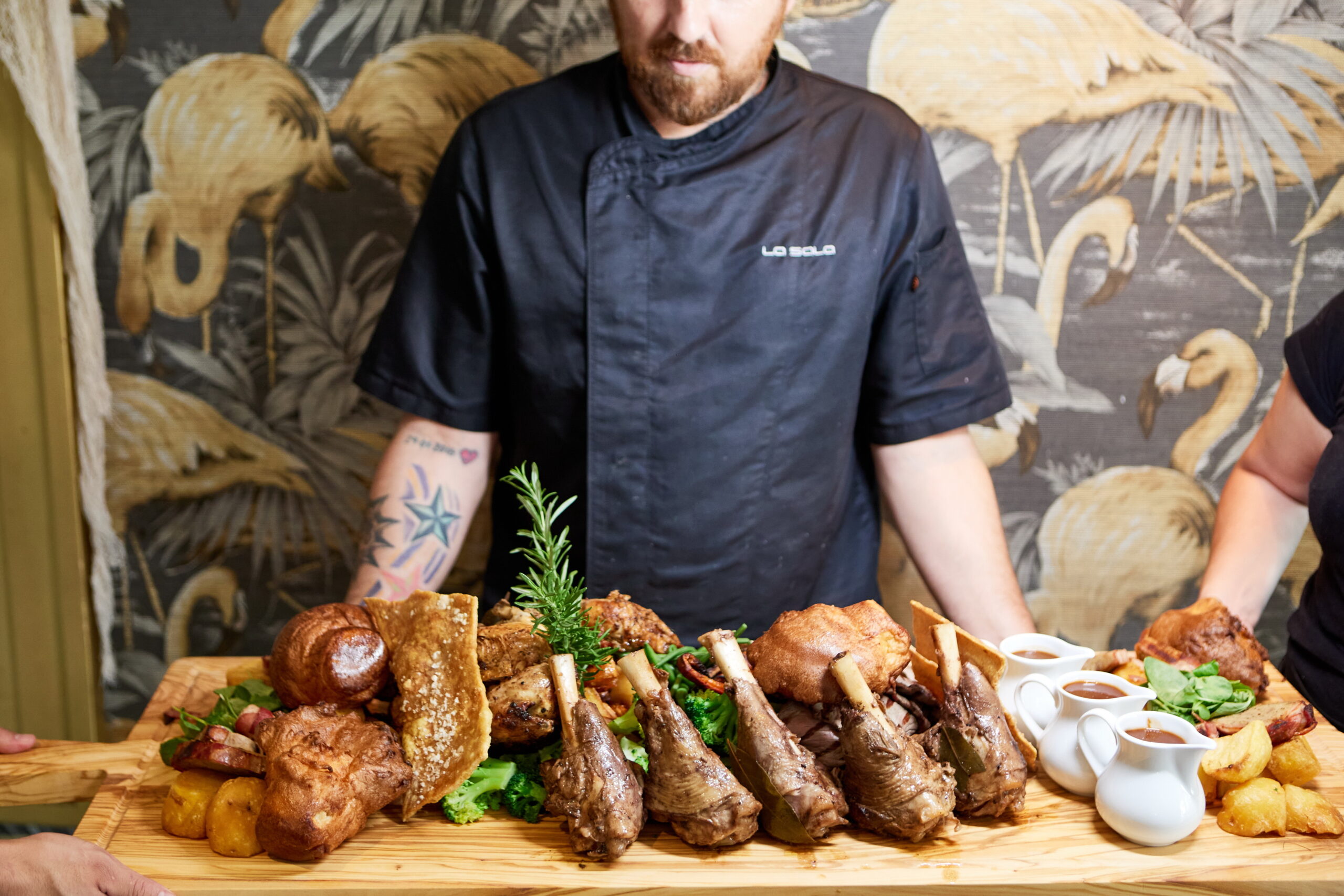 The popular Chef restaurateur (Celebrity Chef?) Jamie Oliver has had his fair share of financial trouble of late. Earlier in May of this year his Jamie’s Italian brand of restaurants went into administration resulting in around 1,000 redundancies and the closure of 22 Jamie’s Italian sites, one Barbecoa and Fifteen London. Jamie Oliver Holdings, the media and licensing arm of the chef’s business, was unaffected by the administration. The chef personally lost £25 million with creditors being owed a total of £83 million of which the largest debt by one institution was HSBC with £39.4m.
The popular Chef restaurateur (Celebrity Chef?) Jamie Oliver has had his fair share of financial trouble of late. Earlier in May of this year his Jamie’s Italian brand of restaurants went into administration resulting in around 1,000 redundancies and the closure of 22 Jamie’s Italian sites, one Barbecoa and Fifteen London. Jamie Oliver Holdings, the media and licensing arm of the chef’s business, was unaffected by the administration. The chef personally lost £25 million with creditors being owed a total of £83 million of which the largest debt by one institution was HSBC with £39.4m.
There were a 1000 redundancies in the closure and some of these staff are now are planning to pursue pay-outs in an employment tribunal over the nature of their redundancies. Around 70 staff, with more joining the planned action each day, is involved. Representing the employees, law firm SDM Legal will argue that the employees are each entitled to a protective award of up to 90 days gross pay because a 30-day consultation period was not carried out prior to their redundancy.
Jamie Oliver said: “I am deeply saddened by this outcome and would like to thank all of the staff and our suppliers who have put their hearts and souls into this business for over a decade. I appreciate how difficult this is for everyone affected.
Well, despite his millions I’m not sure that he is sitting in his ivory tower looking down on people; and I am sure that the £25m he lost has meant a dent in his private coffers. I have seen my fair share of companies going down over the years but one has to ask how it happens. The biggest bankruptcy to date was Lehman Brothers holdings Inc: the investment bank went bust in 2008 to the tune of $639 billion; Which prompted the judge to point out that this was a normal bankruptcy, just with a lot more noughts!
Britain’s biggest bankruptcy to date was that of Kevin Maxwell, son of the disgraced newspaper baron Robert Maxwell, who went down for £406.5 million. Spain’s biggest bankruptcy to date would appear to be energy giant Abengoa that went down for $10 billion in 2016.
(Some content courtesy of Caterer and Hotelkeeper)











